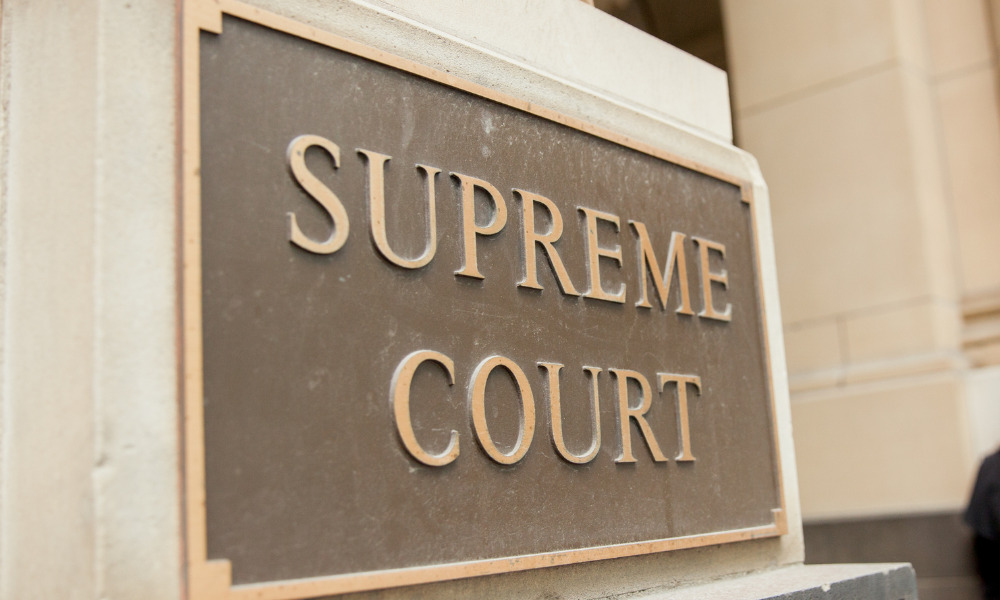
HR leaders need to stay up to date with the federal government's ever-changing laws

The U.S. Supreme Court has ruled: Congress isn’t required to extend a federal disability benefits program to residents of Puerto Rico.
The court came up with this decision with an 8-1 vote, reported CNBC.
“Congress has long maintained federal tax and benefits programs for residents of Puerto Rico and the other Territories that differ in some respects from the federal tax and benefits programs for residents of the 50 States,” Justice Brett Kavanaugh wrote in the majority opinion, according to the report.
Puerto Rico residents are mostly exempt from federal income, estate and excise taxes, among others, according to Kavanaugh. However, they do receive other federal taxes, such as Social Security, Medicare and unemployment taxes. For the programs funded by these taxes, Puerto Rico residents are eligible, he said.
“But just as not every federal tax extends to residents of Puerto Rico, so too not every federal benefits program extends to residents of Puerto Rico,” Kavanaugh wrote.
Read more: Eight trending employee benefits and perks in 2022
The case stems from 2013, when a New York resident receiving supplement security income moved to Puerto Rico and continued to receive those benefits payments for several years, totaling more than $28,000. The government sued the man, named Jose Luis Vaello Madero, but a federal district court and a federal appeals court sided with him.
Siding with Vaello Madero could invite a host of “far-reaching consequences,” Kavanaugh added, including possibly inflicting “significant new financial burdens on residents of Puerto Rico.”
But Justice Sonia Sotomayor, one of the court’s three liberals whose family stems from Puerto Rico, dissented.
“In my view, there is no rational basis for Congress to treat needy citizens living anywhere in the United States so differently from others,” she wrote. “To hold otherwise, as the Court does, is irrational and antithetical to the very nature of the SSI program and the equal protection of citizens guaranteed by the Constitution.”
In February, Assemblyman Eduardo Garcia, a Democrat from Coachella, CA, introduced Assembly Bill-2847 into the California Legislature. If passed, the bill would establish the Excluded Workers Pilot Program. Administered by the Labor and Workforce Development Agency, the program would provide income assistance to excluded workers not eligible for the state or federal benefits administered by the Employment Development Department and who are unemployed.
In December 2021, the federal government approved legislation to extend a number of pandemic support programs.
Benefits and perks have been a hot topic during the Great Resignation, in which companies across the U.S. are experiencing historic turnover. More than 50 million Americans have quit their jobs over the past year, according to the U.S. Bureau of Labor Statistics. Essential workers, in particular, have been leaving their positions for greener pastures, demanding more money, better working conditions, and increased mobility. To combat the nationwide staffing shortage and compete for talent, employers are having to increase their compensation and benefits packages beyond the traditional healthcare, dental, vision and 401(k) offers.
Previously, HRD spoke to Kelly Higgins, assistant vice president at Aon in the United Kingdom. Higgins revealed the considerations HR leaders must take in ensuring their benefits plans are provincially compliant – and explained how to use government aid to top up longer leaves.